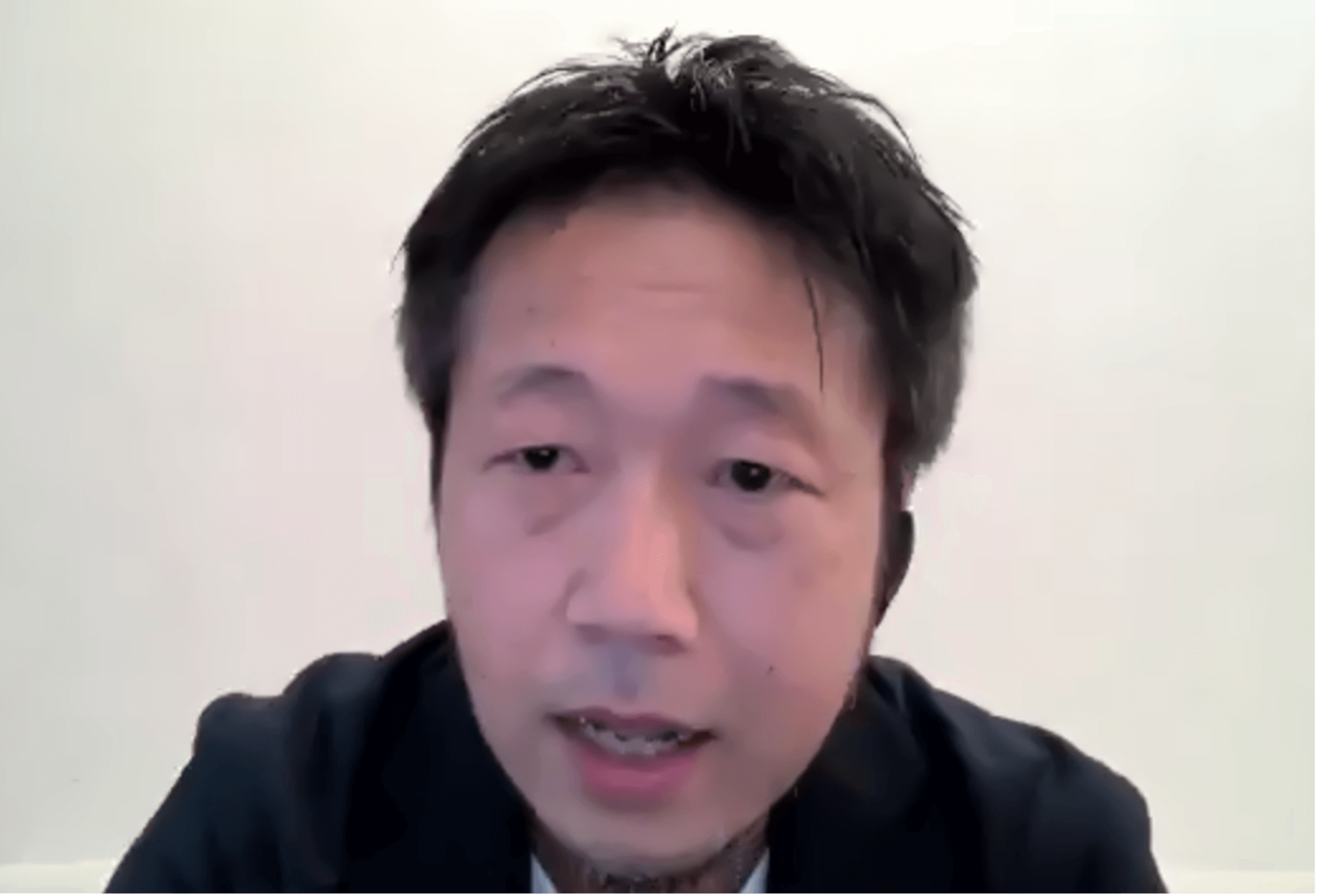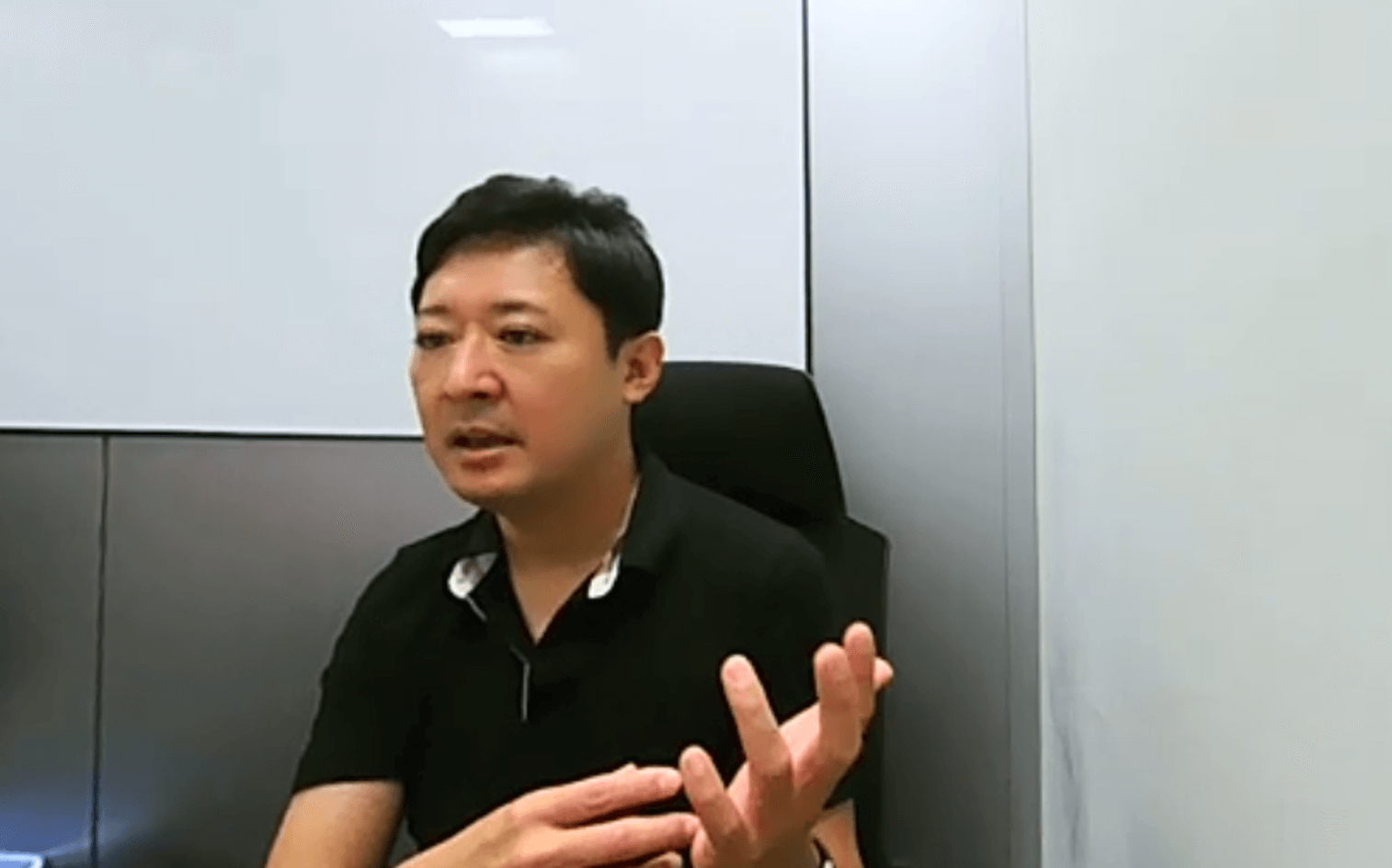X-HUB TOKYO, which supports overseas expansion of startups in Tokyo, held its” #3 Attractiveness of Tech City Shenzhen ~Local Reality and Keys to Success~” on August 25th.
The event included an overview description of X-HUB TOKYO, the characteristics and attractiveness of the Shenzhen market, which has produced some of China’s leading high-tech companies, and the latest trends in the local startup ecosystem, sharing useful information and know-how for startups seeking to expand overseas and for support organizations that are considering collaboration with overseas startups.
In the first half of the event, Mr. Toshikazu Tanaka, Founder CEO of Takumi Innovators and Founding Partner of Takumi Capital, gave an overview and the latest information of the ecosystems in Shenzhen. Next, Mr. Junichi Fujioka, President and CEO of JENESIS CO., LTD., a very active Japanese entrepreneur in Shenzhen, talked about the reality of doing business in Shenzhen as a senior startup.
Finally, Mr. Ji Ke, PARTNER & PROGRAM DIRECTOR of HAX, an accelerator program for startups, took the stage to share strategies that startups aiming to expand to Shenzhen should know.
Introduction to the Shenzhen Ecosystem
 Takumi Innovators Founder CEO, Takumi Capital Founding Partner
Takumi Innovators Founder CEO, Takumi Capital Founding Partner
Mr. Toshikazu Tanaka
- First, we will hear from Mr. Tanaka, founding CEO of Takumi Innovators and founding partner of Takumi Capital, who is developing an acceleration program to promote open innovation between China and Japan, about the latest developments in the startup scene in China.
-
Although there are temporary ups and downs in the startup activity in China as a whole, the country is showing steady growth, with a record-high investment amount in 2021. The momentum can also be seen in the fact that China ranks second only to the United States in terms of the number of unicorns active on a global scale.
Of course, before and after the spread of the new COVID‑19, there were many changes in the startup scene in China. For example, a comparison of investment breakdown by industry for the past 10 years shows that while enterprise services were the top investment source until 2019, before the expansion of the new coronas, the “medical health” sector overtook enterprise services for the first time in 2020. We believe this is due to the growth of services that address social issues in China, such as the declining birthrate and aging population, in addition to increased demand for medical supplies and infection control measures due to the expansion of the new corona.
Areas of investment interest in China are changing year by year. Recently, there has been a growing awareness and interest in environmental issues such as carbon neutrality, and the needs in the medical and nursing care fields are also increasing due to the declining birthrate and aging population. For this reason, I feel that Japanese companies and start-ups with high technological capabilities in these fields are a good match for business in China.
- Thank you very much. Now, please tell us about China and the startup ecosystem in Shenzhen.
-
In China, startup ecosystems have been formed in each of the four main cities: Beijing, Shanghai, Shenzhen, and Hangzhou. Together, these four cities account for more than 70% of all startup investments in China.
What I would like to share with you is that each of these four cities has its own distinct characteristics. Beijing, for example, has long fostered an ecosystem centered on Tsinghua University and other leading universities in the country. Shanghai, on the other hand, has a large population of high-income earners and senior citizens, which has attracted many startups with strengths in the medical field.
Among these, Shenzhen is home to many startups in hardware such as drones and cutting-edge manufacturing fields such as semiconductors and is characterized by its remarkable growth rate. In addition, the government is taking the lead in actively attracting talented human resources and foreign-invested companies, and in addition to providing incentives to foreign-invested companies, it has established a system that offers preferential personal income tax treatment and refunds to talented foreigners and overseas Chinese.
In China, there is currently a trend toward domestic production of parts and products. However, some Japanese technologies and services are compatible with Shenzhen’s manufacturing ecosystem, so we hope that you will proactively gather information and start working toward co-creation.
Success Secrets of Senior Entrepreneurs for Shenzhen
 JENESIS CO., LTD. President & CEO
JENESIS CO., LTD. President & CEO
Mr. Junichi Fujioka
- Mr. Fujioka, president & CEO of JENESIS Corporation, an EMS (Electronics Manufacturing Service Provider) in Shenzhen, will tell us about his entrepreneurial story.
-
I moved to Shenzhen by myself more than 10 years ago, when I was over 30 years old, and set up JENESIS by myself in an apartment. One of the reasons I decided to start my own business was that I had worked for major companies, foreign trading companies, and start-ups, but I had a strong desire to put myself in the field of production, in other words, on the supplier side. I also thought that as the era of mass consumption and mass production comes to an end, people will demand functionality and uniqueness of products as well as price, and I wanted to differentiate myself by focusing on quality control and attention to detail, which was another reason why I decided to start my current business.
After starting the company there were some tough times, such as when we had to get down on our knees to apologize to our clients. Thankfully, however, our business has grown significantly since then, and we have now produced more than 500 products and shipped 3 million units in total.
One of our strengths at JENESIS is our ability to manufacture products at low cost and with short delivery times by utilizing our supply chain in Shenzhen. Our speed and implementation capability to reach the goal, in other words, our ability to accompany you from manufacturing to sales in a one-stop shop with a sense of speed, is what makes us unique.
- Thank you very much. Now, please tell us about the points that Japanese startups should be aware of when aiming to expand into Shenzhen.
-
There are three important points for Japanese companies and startups to have in mind when competing globally and aiming to enter the Shenzhen market. The first is to question common sense. In Japan, there are many situations where business and economy are based on trust, but the situation is different in China and overseas. In my case, in Shenzhen, I basically try to respond with a mindset that the human nature is fundamentally evil.
Although there are many difficulties due to these differences, it can be thought that there are hidden stories of service in these differences. For example, the reason why cashless payment has become so popular in China is because there were many counterfeit bills and credit cards were not widely used in the country to begin with.
Second, we must focus on disparities and understand the diversity of the workforce. We must never forget the aspect that services are provided not only by blue- and white-collar distinctions, but also by the various segments of the workforce.
And third, you must be clear about where you want to direct your desires. Especially in a migrant town like Shenzhen, there are many young people with a clear desire to study hard, work hard, and buy a luxury apartment or car. Therefore, if you are not clear about where your desires are directed, you may be buried under the heat of the crowd around you.
Other things to keep in mind are that small-lot orders tend to be avoided, so the production itself is not possible unless the numbers are large anyway, and that wages in Shenzhen rise at a rate of about 10% annually.
Shenzhen is currently undergoing a transformation from a former “manufacturing city” to a “world-leading DX advanced city. If you know Japan is a “backward IT country” and can get into the pocket of local startups, you will learn a lot from them. We encourage you to give it a try.
Successful startups from more than 300 companies: the secret to success in Shenzhen
 HAX PARTNER & PROGRAM DIRECTOR
HAX PARTNER & PROGRAM DIRECTOR
Mr. Ji Ke
- Now, finally, we would like to ask Mr. Ji Ke, PARTNER & PROGRAM DIRECTOR of HAX, what advice he would give to startups and companies aiming to expand their business in Shenzhen.
-
We have several accelerator programs supporting hard tech startups worldwide, including Shenzhen, San Francisco, Tokyo, and Newark. We have invested in over 300 startups worldwide in robotics, industrial automation, climate tech and medical devices.
We also go through roughly 1500 applications for our program every year and invest in around 40 of them, so we have quite a bit of experience to see what works, what does not, and what are some common traits for successes and failures.
As you start your startup, you must be aware of many challenges outside the core of your offering, including logistic issues, founder relationships, and supply chain, and pace yourself when scaling and managing your customers’ expectations. Shenzhen is a fantastic location to support your startup as the ecosystem is designed for speed, the more iterations you have, the more mature your startup is, and the more challenges you solve and ultimately have a higher chance of success.
- This event provided useful information and experiences for Japanese startups considering expansion into Shenzhen. X-HUB TOKYO will continue to provide information on the latest trends and features of the open innovation ecosystem overseas through various events.

